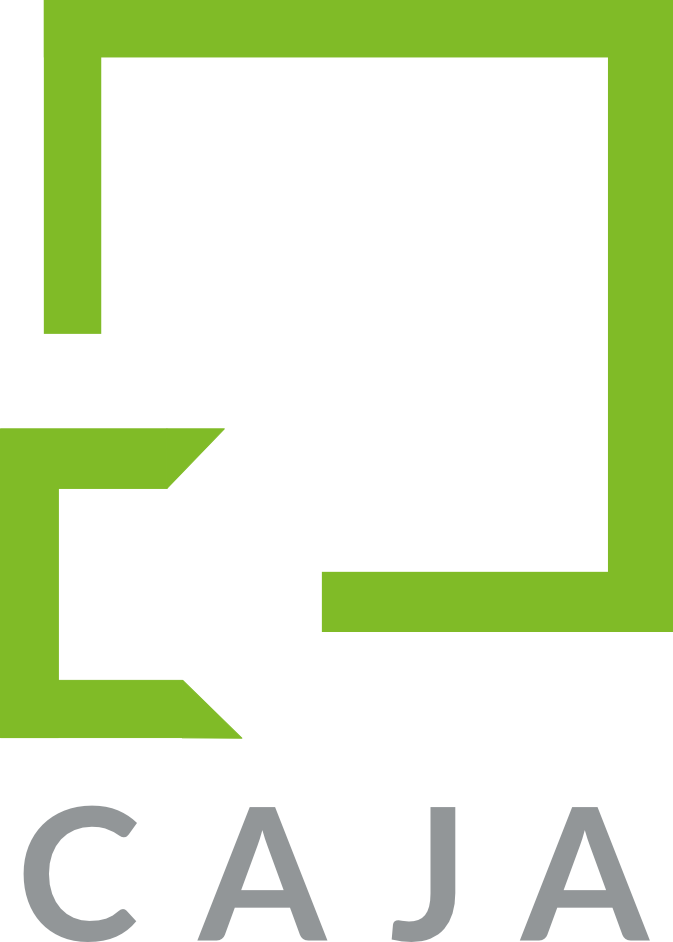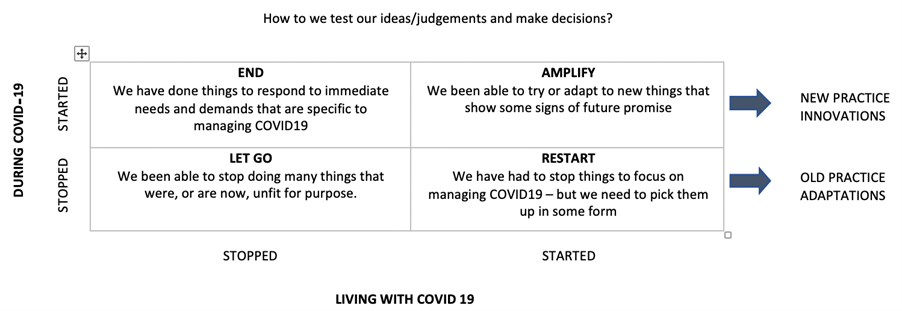Campus, Community and COVID
Once or possibly twice in a generation, university communities experience a ‘collective trauma’ or shock to their modus operandi, that forces them to return to existential questions about the changing nature of their purpose. UK Universities have experienced a few in the recent decades, with the deregulation of higher education and the emergence of tuition fees, of online learning, digital communication, social media and most recently Artificial Intelligence. They are also in a pivotal position as highly intelligent academic communities, that research, design and advance knowledge, policy, science and technologies, but are equally expected to be able to deploy them effectively in the leadership, management and operation of their business models. Paradoxically they are often ‘late adopters’ of new business models, resistant to change and lack the operational agility to respond to the needs of future generations, much to the collective frustration of students, academic and professional staff, caught between what they see and know of the world and what they are teaching or being taught. Coming face to face with COVID19 has challenged their leadership, resilience and ingenuity to respond creatively and to rethink.
Following the initial ‘lockdown’ and a plethora of complex emergency crisis measures, procedures and meetings, higher education institutions are now turning their attention to the prospects, challenges and opportunities of living with a viral spectre for the foreseeable future. It is evident that considerable learning has taken place, and unimagined thresholds have been crossed in online working and learning. As always, there are those that ‘yearn to return’ to ‘normal’, those up for cautious pragmatic adaptations to ‘manage the crisis’ and those willing to embrace both the existential questions and recognise the art and opportunities of what has been and might be possible in the future. Every senior leadership team in higher education is currently reflecting on the financial, physical and operational risks associated with the immediate re-opening, welcoming students and staff, new and current, back to their campuses, whether in person or digitally. Pronouncements about what they will and will not be offering and how they will manage emerge daily. Short cute films have ‘gone viral’, media outrage about the value of ‘online education’ and concerns about campus hygiene being just a few. Many of these are taken out of context and critiqued in the mainstream media. But all are declared with the intention of confidently communicating that universities are ‘open for business’ and that they recognise their duty of care.
What has been less clear or less evident is how such decisions are being made, and what principles or criteria are being used to ensure that the many intelligent and professional ‘communities of practice’ that make up universities are engaged in resolving and reinventing ‘the campus experience’. At the height of the pandemic, the social rhetoric around care in, and for our communities grew and wartime metaphors emerged in abundance, alongside an underlying and increasing fears of recession, redundancies and lost generations of students and graduates at all levels. It is unsurprising that higher education communities are cautious, mission groups are very active, and few university leaders have raised their heads above the parapet, despite government agencies calling for ideas, (re)invention and innovation.
Clearly there is much to be thought and done, and crisis management has quickly become the new normal of ‘business as usual’. However, the ‘next’ and the next normal is likely to be the rollercoaster of persistent evaluation as the collective impacts of climate emergency, AI and COVID converge. So now is a fascinating time for transition and to adapt the instruments of governance and leadership that universities have in place and identify where and how to facilitate effective and productive dialogue through which they can sustain the vital social constructs of learning, work and public engagement that lie at the core of their contemporary purpose. Below are 7 possible lenses through which these challenges might be explored. They offer provocations that leadership teams may deploy in tackling the challenges these intelligent complex organisations will face in their near futures.
Declare the Principles for Decision making [1] and collective sense-making
‘Duty of Care”
What does it mean to place the health, safety, wellbeing and livelihood of all communities of practice at the centre of decision making?
How do academic, professional communities work together effectively in new ways?
How do student, academic and professional communities contribute to co-production of solutions that are mutually beneficial
How do we reshape careers to recognise the diversity and new range of skills knowledge and competencies required?
Social Intensity and Lower Density
A campus experience is paramount to the culture and socialisation of learning and work for all for staff and students;
How will this be achieved digitally and physically while maintaining physical distancing?
How can pedagogic innovation and peer-to-peer models of learning enhance socialisation while reducing campus density?
No Borders: Looking up and looking out
If the world is the laboratory, canvas and campus of any university
How do we redesign or reinvent the end-to end experience between home and campus and back again, whether digital or physical and wherever in world our students and staff are physically located?
How do universities strengthen collaborations and deploy innovation to maximise value and mutual benefit for staff and students?
How to collaborate and strengthen competitive advantage locally, regionally, nationally and internationally?
Responsive Product
What is the university ‘product’ and how can we improve its quality and decouple time and credit to create flexible and bespoke/personalised learning?
What is the capability, capacity and appetite for pedagogic innovation?
Precisely where do students really network and learn?
How do we transition to iterative sustainable models of lifelong education?
Sharing Expertise and Narrating Experience
What and how can we hear, share and communicate experiences regularly with all university constituencies and communities through a range of creative and social media?
Where and how do we interrogate the value and diversity of supply chains, business models and opportunities for reinvention, innovation and new markets?
How do we enhance the leadership, governance and operations to emerge stronger and more resilient?
Vision and Existential Questions:
What are universities for and how can they contribute to living with the viral spectre?
How do we set and manage the risk appetite and what will make universities stronger and more resilient?
What will kill them?
How can we support institutional and local invention and innovation and manage failure?
What are the adaptations to operating and governance models that can underpin these decisions?
[1] Courtesy of the RSA https://medium.com/bridges-to-the-future/the-path-from-crisis-6d3f83c96d0b
To learn more on how Caja can support you with development of new operating models, leadership development and improvement to University efficiencies, get in touch.





